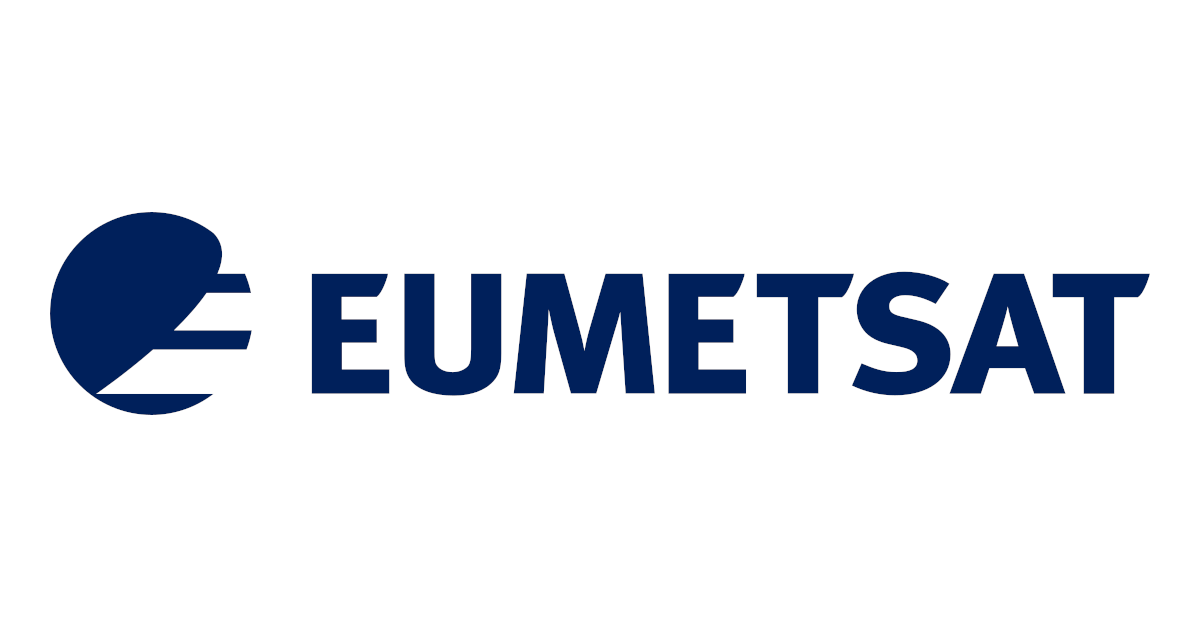EUMETSAT, Canadian Space Agency to Lead Disaster Response Initiative
Europe’s meteorological satellite agency, EUMETSAT, and the Canadian Space Agency (CSA) have taken up the rotating leadership of a global group which provides satellite data to support responses to disasters worldwide.
For six months, EUMETSAT and the CSA will jointly lead the International Charter Space and Major Disasters, a global collaboration involving 17 member agencies, with support from other organisations and contributors of satellite data.
“EUMETSAT’s primary focus is on operationally providing data from our meteorological satellites to help mitigate the impacts of weather and climate-related events through accurate predictions,” Director-General Phil Evans said. “But we are also proud to be a part of the Charter and to play our part in responding to disasters after they have occurred.
“The Charter has been activated to assist with the response to more than 800 disasters since it was established in 2000, including hurricanes, floods, earthquakes, wildfires and even ships lost at sea.
“This unique initiative is able to mobilise agencies around the world and benefit from their expertise and their satellites. It operates through a single access point that is monitored 24 hours a day, 7 days a week and at no cost to disaster management authorities.
“The agencies and partners involved, from right around the globe, undertake this work with total commitment, even though it is a voluntary effort. Sadly, with severe weather events occurring more frequently as a result of climate change, they are regularly called upon to assist. Storms in Europe and Africa in 2022 alone caused damage measured in the tens of billions and thousands of people died.”
Under the joint leadership arrangement, the CSA will monitor calls and coordinate members’ responses. EUMETSAT will undertake the administrative tasks of the leadership role.
Representatives from the Charter member agencies are meeting at EUMETSAT headquarters in Darmstadt, Germany, for four days this week. An additional two days are dedicated to training project managers to ensure they can make best use of the satellite data they receive.
The Charter allows authorised disaster management authorities to “activate” assistance from the satellite agencies through one central point. Any country can benefit from the Charter. The Charter collaborates with Sentinel Asia, a regional network for Earth-observation-based emergency response, and the United Nations.
Activation starts the process of coordinating resources and expertise for a rapid response to a disaster, with satellite imagery sometimes available within hours. For example, the Charter might ask a satellite operator to provide very high resolution imagery of a particular area impacted by flooding, to enable humanitarian organisations to best target their response on the ground.
The United Kingdom Space Agency was responsible for leadership of the Charter from April to October 2023 and the German Aerospace Centre (DLR) will take over the reins in April 2024.
